While tough times can vary, from a sudden job loss to a natural disaster, the steps that you can take to prepare yourself are often the same.
Build an emergency fund.
A healthy emergency fund can help you cover expenses if you’re laid off from work or need to pay for an unexpected situation. Ideally, you would have enough for at least 3-6 months of essential living expenses. Saving up that much money may seem overwhelming at first, but it’s manageable by taking it little by little.
The goal is not to touch the money except in a real emergency. When you really need it, ideally it will last long enough to get you back on your financial feet. If you do have to dip into the fund, it’s important to start building it back up as soon as you have the resources to do so.
A standard savings account makes good sense as a place for your emergency funds.
The whole point of an emergency fund is that you should be able to get your hands on the money quickly, and without risking losing money by using those funds–which might be the case if you had to sell off stocks or other investment holdings.
The one drawback with your savings account is that it is almost too easy to access. You’ll have to make a commitment to not touch the money except in a true emergency.
If you have funds that you want to squirrel away without the temptation to dip into them, consider putting the money into a certificate of deposit (CD).
A CD is a kind of savings account that typically offers a fixed interest rate and fixed maturity and requires the full term to pass before you can withdraw funds (without paying a fee). The advantage to leaving the money in your CD for a full term is that it will accrue interest over that period, offering a significant return on your investment.
To get the most out of a CD, try the “laddering” technique. The Wall Street Journal’s how-to guide on CDs puts it as such: “Let’s say you want to invest $15,000. By laddering, you would invest $5,000 in a one-year CD, $5,000 in a two-year CD and $5,000 in a three-year CD. Then, each time one of the three CDs matures, you would either take the cash or re-invest it in another three-year CD to keep your ladder in place.”
If you keep this method going continuously, you will allow yourself the option of having a chunk of your CD savings at your disposal every year. This way, you can decide whether you need the money for an emergency or investment opportunity while the other CDs in your portfolio continue to accrue interest.
If you do find yourself facing an emergency that you’re financially under-prepared for, the prospect of what to do next may feel overwhelming.
Don’t panic. There are things you can do to get through a crisis:
- Restructure your current budget. While some expenses are difficult to change, such as mortgage or auto loan payments, there are plenty of areas that you can easily adjust to cut back spending and save money. If you need help, try our budget calculator.
- Consider cashing in on investments. Even if returns may not be as high as you would like, that money could help address your current emergency. Only withdraw early from retirement accounts like a 401(k) or IRA if absolutely necessary. Unless you meet certain criteria for an approved hardship, there are tax penalties for early withdrawals.. Also, draining these accounts can greatly set back your financial security during retirement.
- Sell valuables that you don’t need. Things like art, jewelry, antiques, and similar items may be hard to part with, but that money can carry you through a rough patch. Plus, online marketplaces make selling valuables easy to do.
- See if you qualify for government assistance. Programs like SNAP, Medicaid, short-term unemployment benefits and TANF can help you get back on your feet. To learn more about government assistance programs, click here.
- Lastly, talk to your bank. If you are struggling to make debt payments during a personal or economic crisis, it’s wise to reach out to your bank and/or lender. It’s likely that they will be willing to work with you. The last thing you want to do is miss payments or hide from your lender, as that could force them to send your debt to collections, which will have a negative impact on your credit score.
We’re here to help you meet your savings goals. North Shore Bank offers multiple savings account options, all with great features including free online and mobile banking.
Interested in a North Shore Bank Savings Account?
Browse more of our financial literacy resources by clicking here.
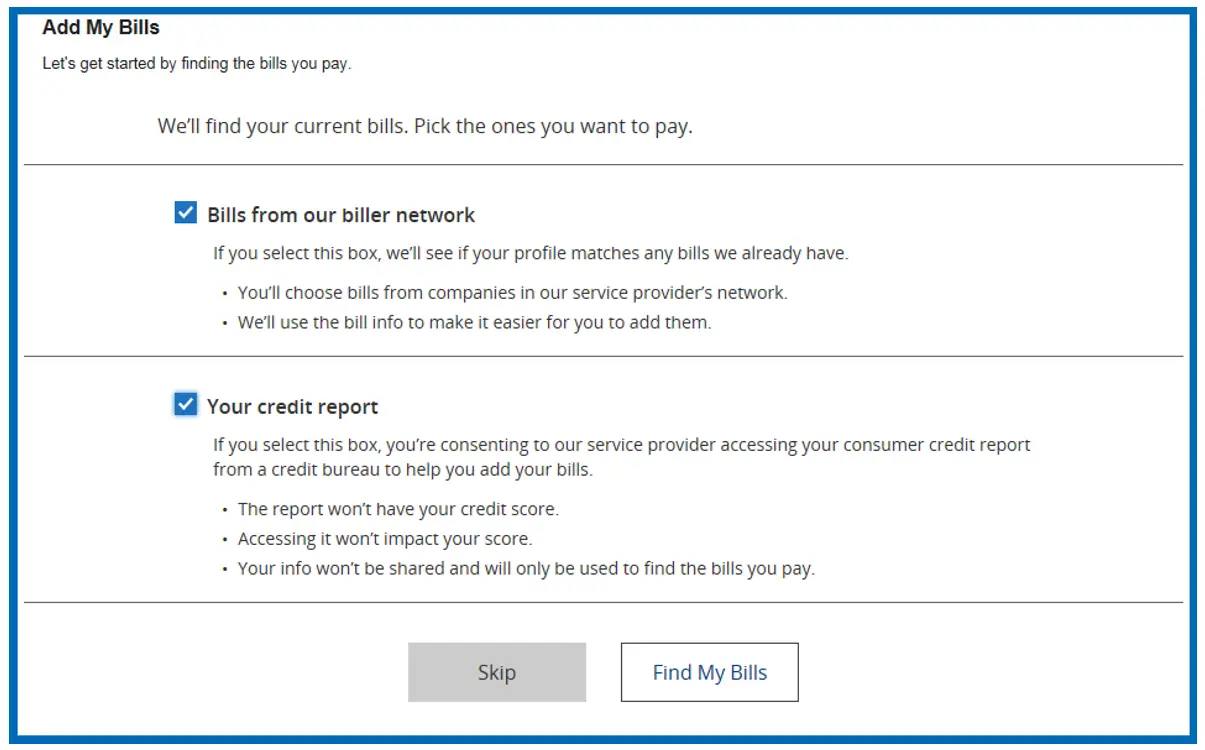
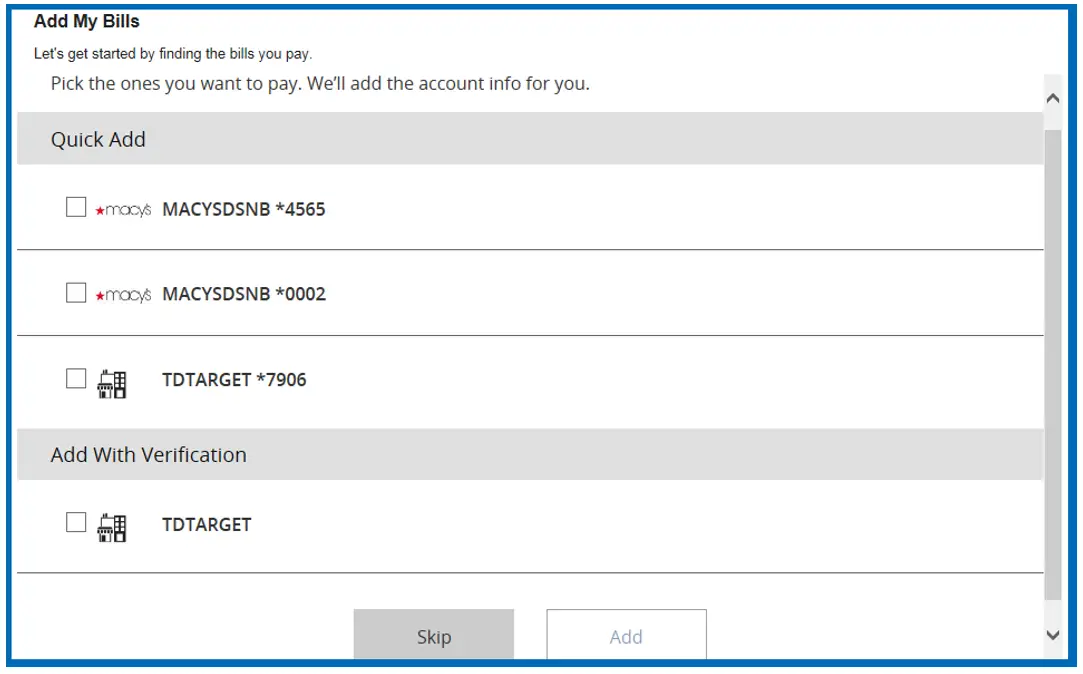
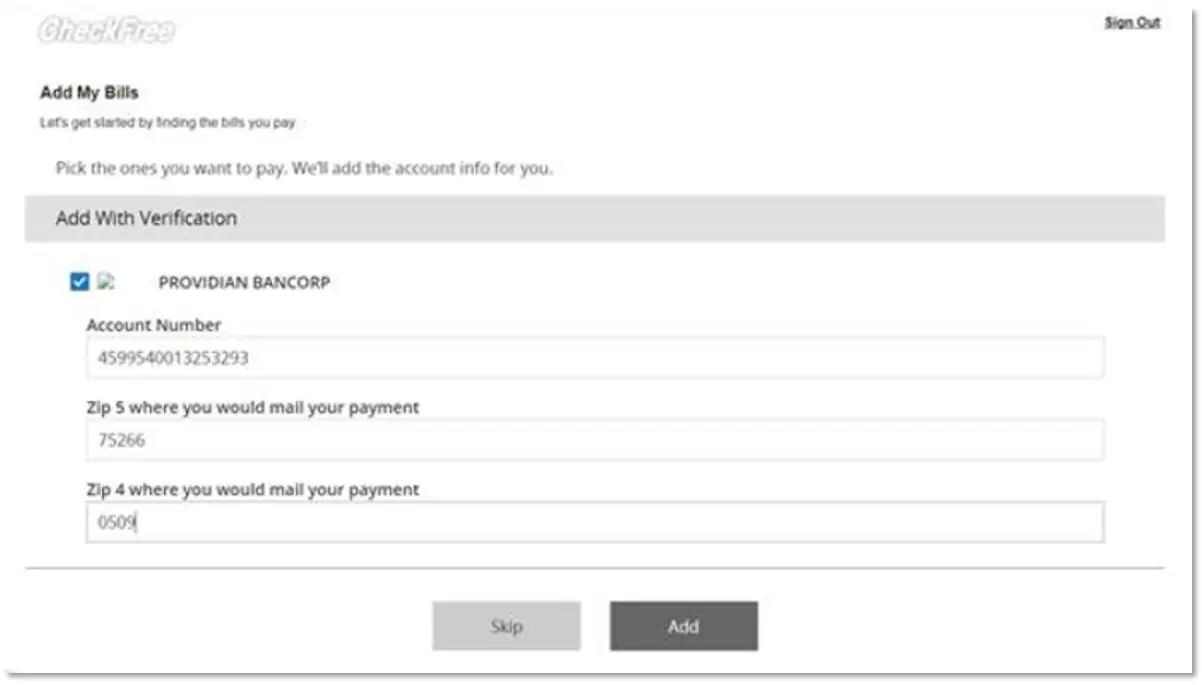
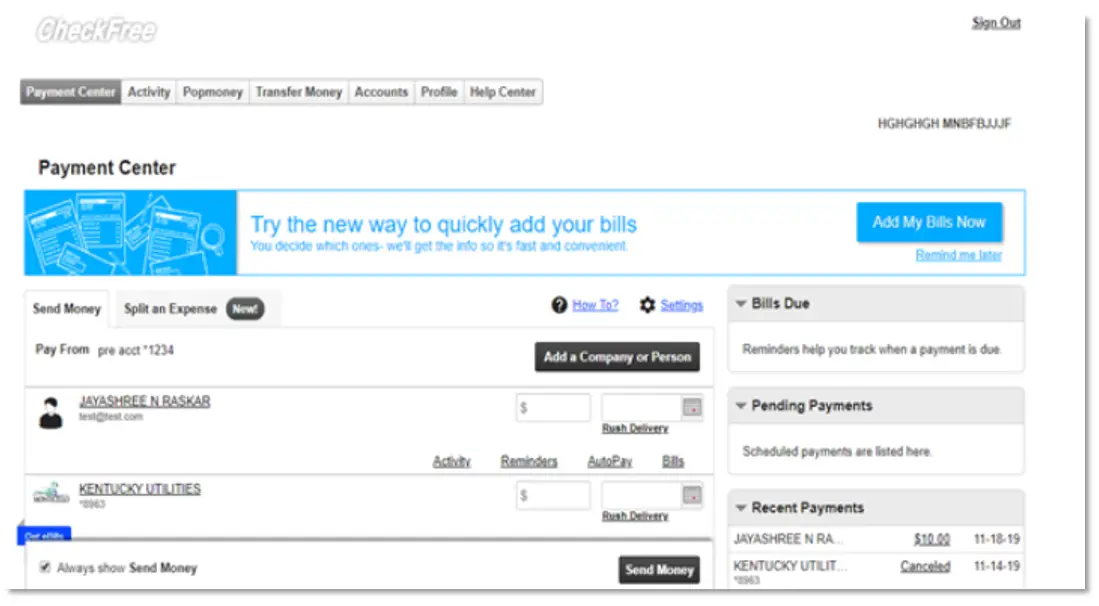
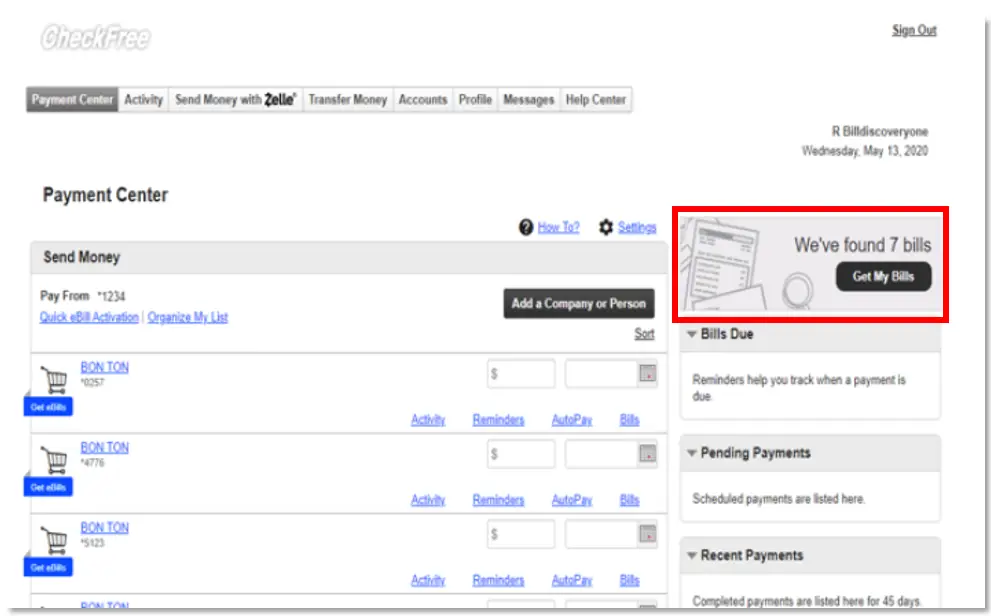
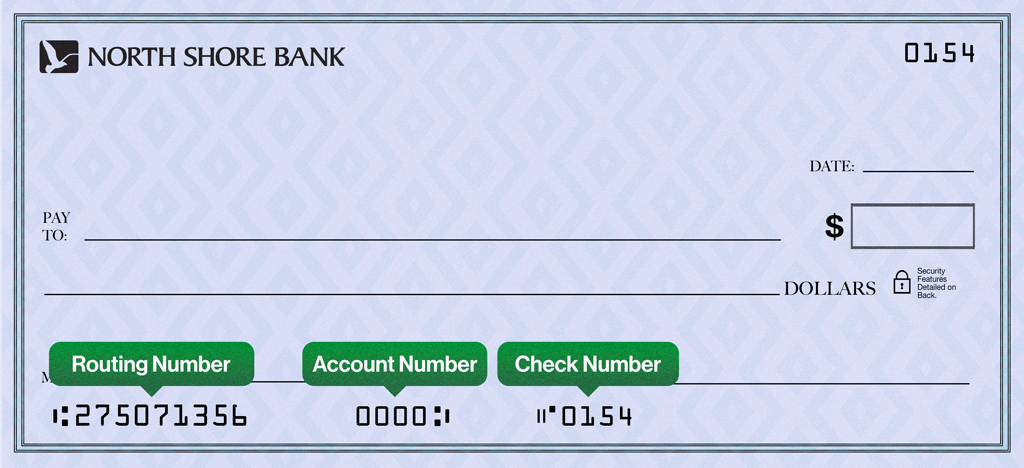 When opening an account online, your initial deposit must be done by transferring money from your current bank account or by debit or credit card.
When opening an account online, your initial deposit must be done by transferring money from your current bank account or by debit or credit card. Click on the three vertical dots alongside the blue “Pay” button
Click on the three vertical dots alongside the blue “Pay” button